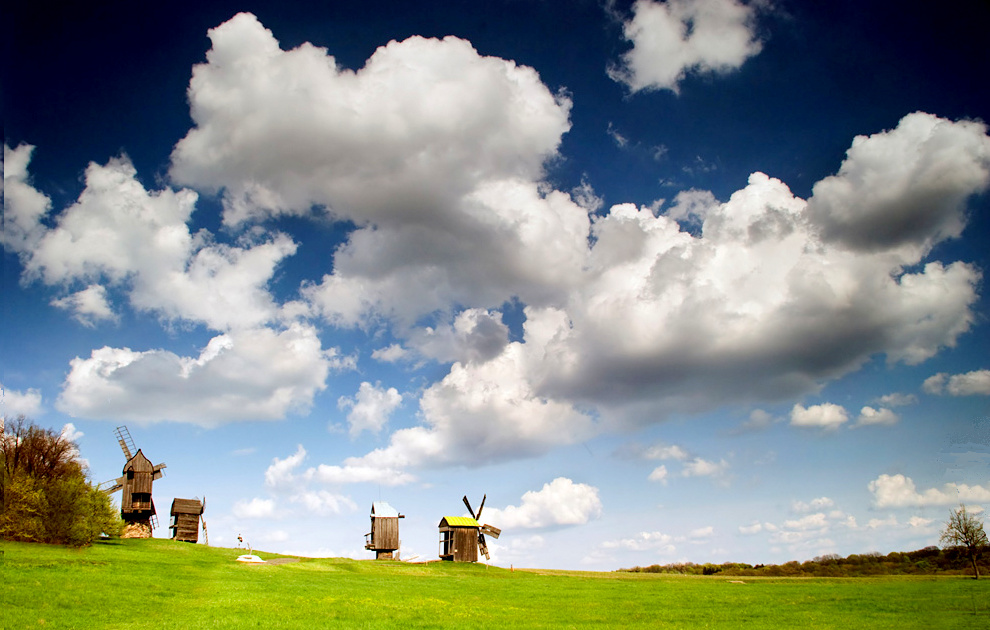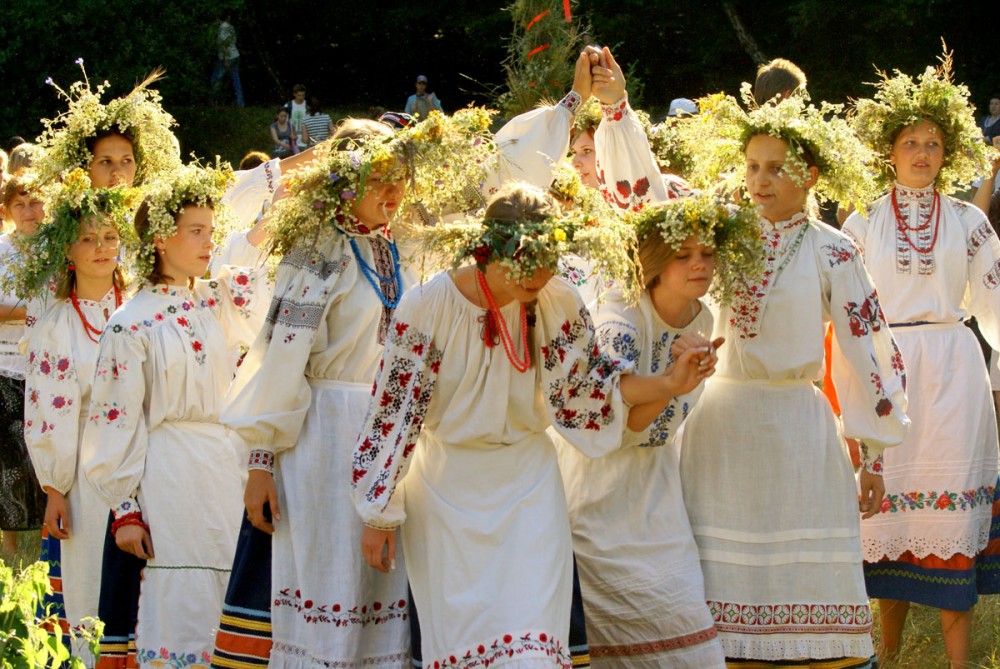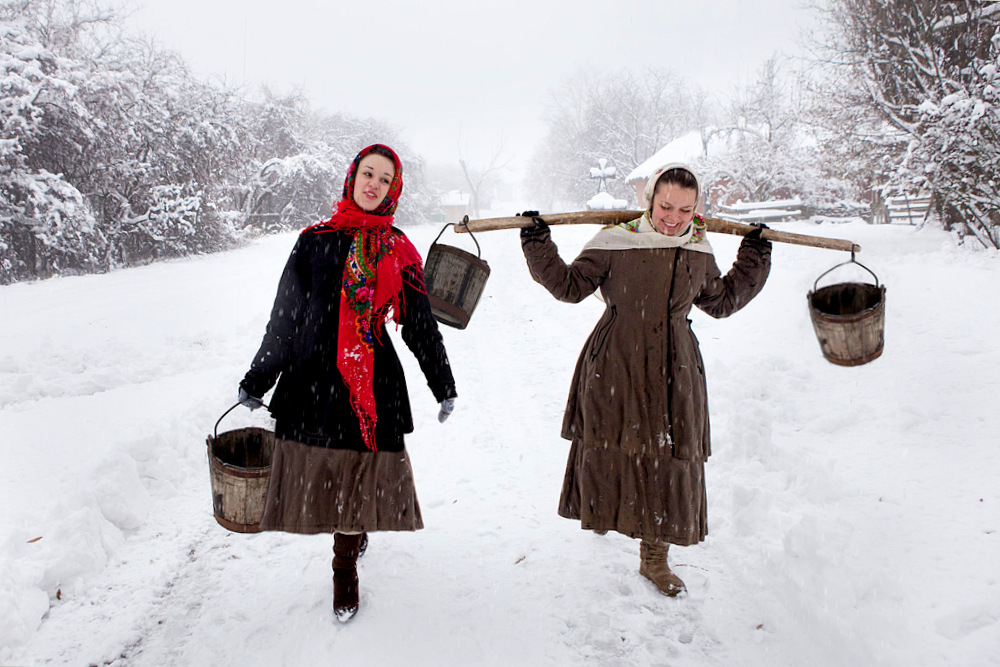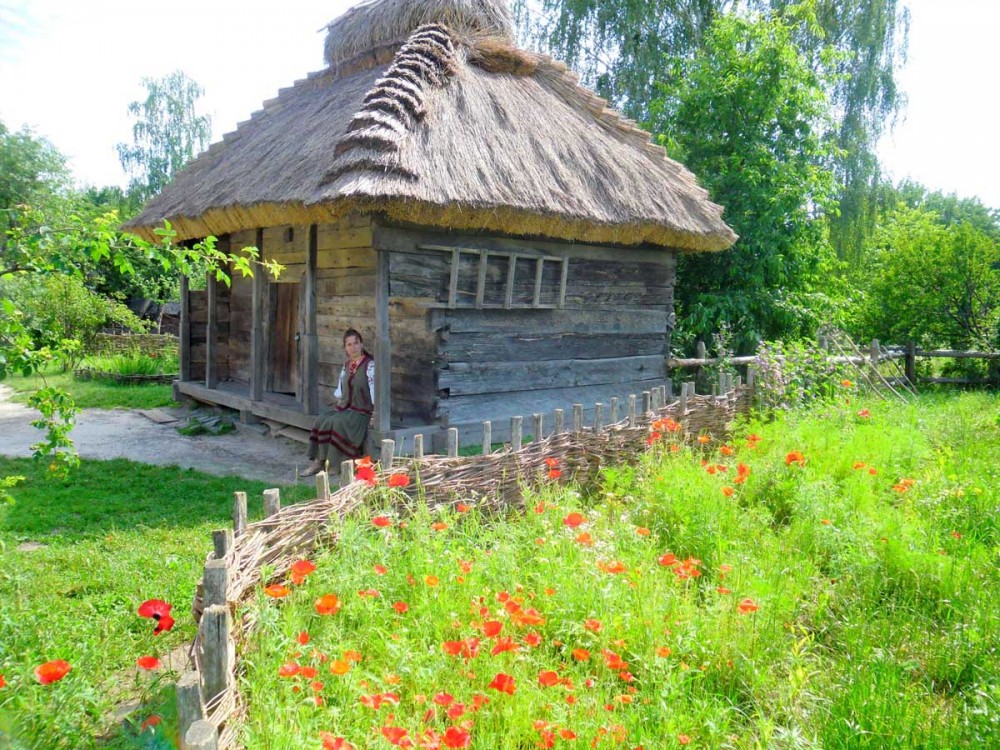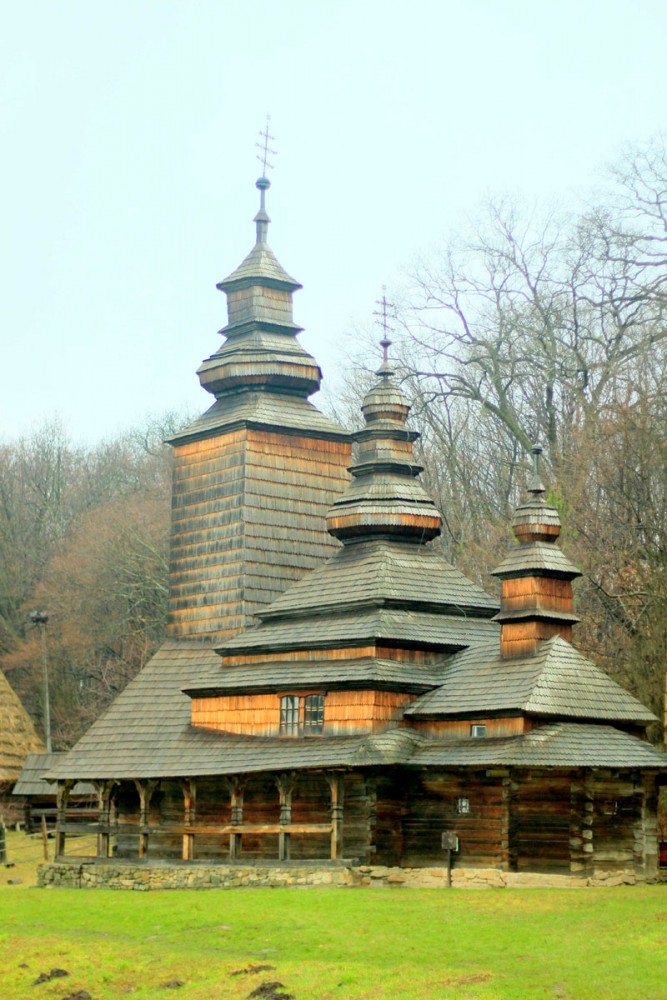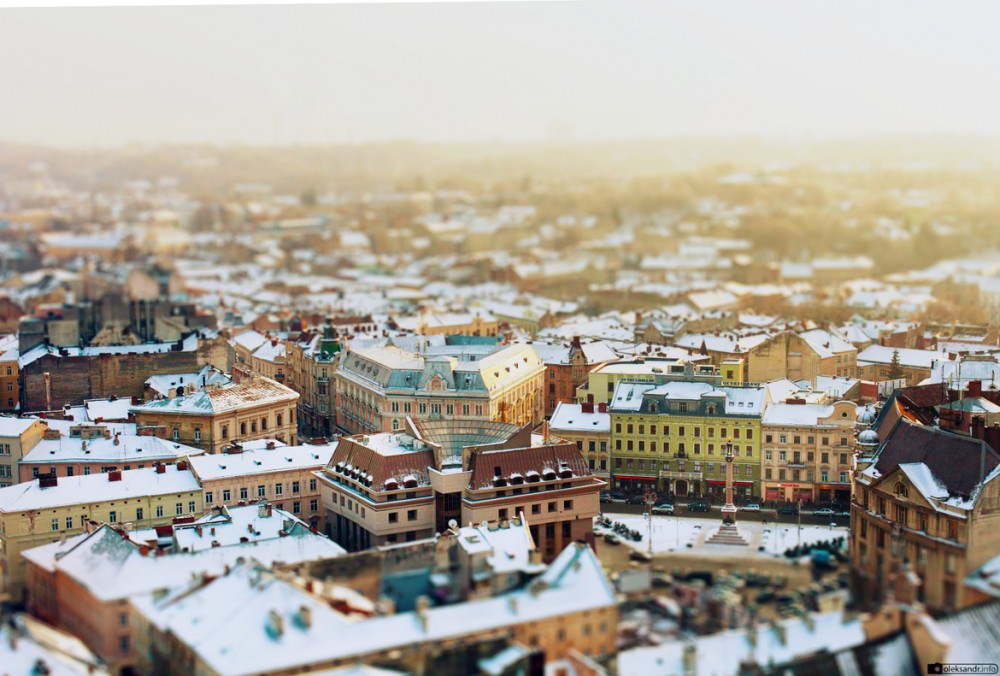Most discussions about divisions in Ukraine focus either on the differences of "east" and "west" or on those between Russian speakers and Ukrainian speakers, but a deeper and more important divide, one cutting across both of the others, Sergey Koshman writes, is between those who live in the cities and those who live in the villages.
In a commentary on “Novoye vremya” today, Koshman, one of the coordinators of the “We are Europeans” movement, says that this divide not only must be acknowledged but also that Ukraine’s future depends on reaching “a new social contract of mutual recognition of these two civilizations.”
There is no such accord now, he writes. Instead, “patriarchal, traditional, and conservative rustic civilization looks at the city and the values of self-expression with distrust,” and “the city, cosmopolitan and more liberal and open view the village with distaste ascribing to its representatives the notions of backwardness” of one kind or another.
“The village seeks to seize the city,” while “the city wants to reform the village under itself.” That, Koshman says, is “the essence of the conflict.” And it can be overcome only if each recognizes that the other has a contribution to make and that each has an obligation to respect the other.
That is especially true in times of crisis. In normal times, the cities play the key role in promoting progress, but when the security of the state is threatened, most of threats are directed at urban centers, and much of the defense of the country comes not from them but from the rural areas and the values the rural areas maintain.
“When the threat passes,” he continues, the cities “help restore the institutions and global interfaces” and become again “the centers of the crystallization of Ukrainian political and economic subjectness.” That must be recognized, but it isn’t, and as a result, “a struggle is still going on.”
A failure to understand this divide has led the Ukrainian culture ministry to promote rural values over urban ones rather than see the way the two complement each other. That has serious consequences especially in Crimea where the Russian-speaking-vs.-Ukrainian-speaking and East-vs.-West paradigms leave the Crimean Tatars as “outside observers” rather than active participants.
But there is a more serious consequence of ignoring the urban-rural differences in cultural policy. It creates a vacuum into which other non-Ukrainian values can penetrate, including pro-Moscow ideas. Indeed, Koshman suggests, language is not the key element; culture is.
In thinking about this and especially about what should be done next, he writes, it is useful to recall what happened in Western Ukraine after World War II. In that situation, there was “no mutual understanding or recognition between the cosmopolitan urban civilization and the rustic Ukrainian world.”
As a result, Koshman says, “instead of multi-cultural urban centers like Lviv and Chernivtsy, there emerged the practically mono-ethnic centers of Soviet Ukraine,” centers that in many respects were cut off from the rural culture surrounding them.
“And it is possible,” he concludes, “that precisely these events gave rise to the paradoxical similarity of the extreme east and west of Ukraine” rather than forming a new and common nation linking both together. What is needed, he says, is “a single Ukraine” with two civilizations, urban and rural, each with its own rights but each with responsibilities to the other.

